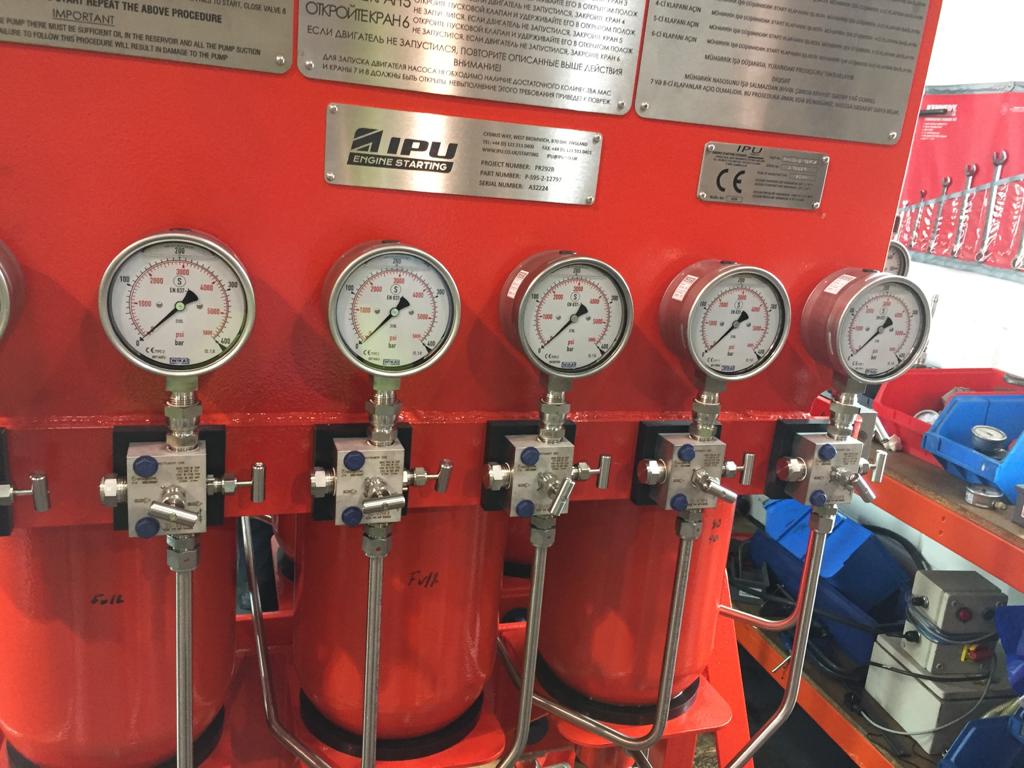Clara Claire Energy Services has developed Biosafety Trust Certification, the first certification framework for management systems designed to prevent and mitigate the spread of infections in order to protect people from the threat of biological agents.
The new certification promotes a set of best practices to minimise the risk of spreading epidemics in public and private places of social gathering, such as means of transport, entertainment venues (restaurants, theatres, museums, gyms and swimming pools), accommodation facilities (hotels, cruise ships, convention centres), nursing and rest homes.
This framework, based on the systemic approach of ISO standards for management systems, also places a particular emphasis on the analysis of behaviour through Organisational Behaviour Management (OBM): the discipline based on scientific laws that explains human behaviour and allows for its prediction and control. Participation in ad hoc training courses regarding strict compliance with hygiene rules and the provisions of the management system in specific contexts is therefore verified throughout the process.
The requirements of this new tool can be integrated with those of the most common current management systems, such as that on health and safety at work (e.g. ISO 45001), which are thus elevated through specific procedures on the prevention and control of infections.
The benefits of Biosafety Trust Certification
Organisations certified according to the Biosafety Trust Certification framework will obtain various advantages, including the strengthening of risk management capacity, the ability to provide a higher quality service, the reduction of direct and indirect costs caused by interruptions to services, a lower exposure to financial risks and the potential reduction of insurance premiums.
In addition, the inclusion of the certificates issued by Biosafety Trust Certification on a public blockchain means that anyone has the opportunity to examine them, whilst at the same time guaranteeing their integrity and veracity.
The first step toward certification
Regardless of the sector to which they belong, any organisation wishing to be certified must first of all prepare for a risk analysis to examine the reference context and, following the adoption of mitigation procedures, assess whether the risk has been minimised. To do this, the main factors that must be taken into consideration are:
- the organisation’s characteristic processes;
- types of typical infections;
- methods of transmission;
- processes at risk;
- probabilistic recurrence evaluation;
- potential gravity.
A tool to counter the COVID-19 emergency
According to an analysis published by the United Nations Agency for Trade & Development, the coronavirus epidemic will cause a deceleration in the global economy estimated at being at least one trillion dollars following the emergency phase.
For those sectors based on social gatherings in particular, the post-COVID-19 economic recovery must foresee greater attention spent on the prevention of the spread of possible infections. In this sense, Biosafety Trust Certification can support companies in adopting measures aimed at minimising the health risks for employees and clients.
Certify your commitment to the health of your clients and employees
0
Successful innovation projects
0
+
Forensic and failure analyses
0
+
Naval combat systems’ integration studies
0
+
Cyber security assessments

